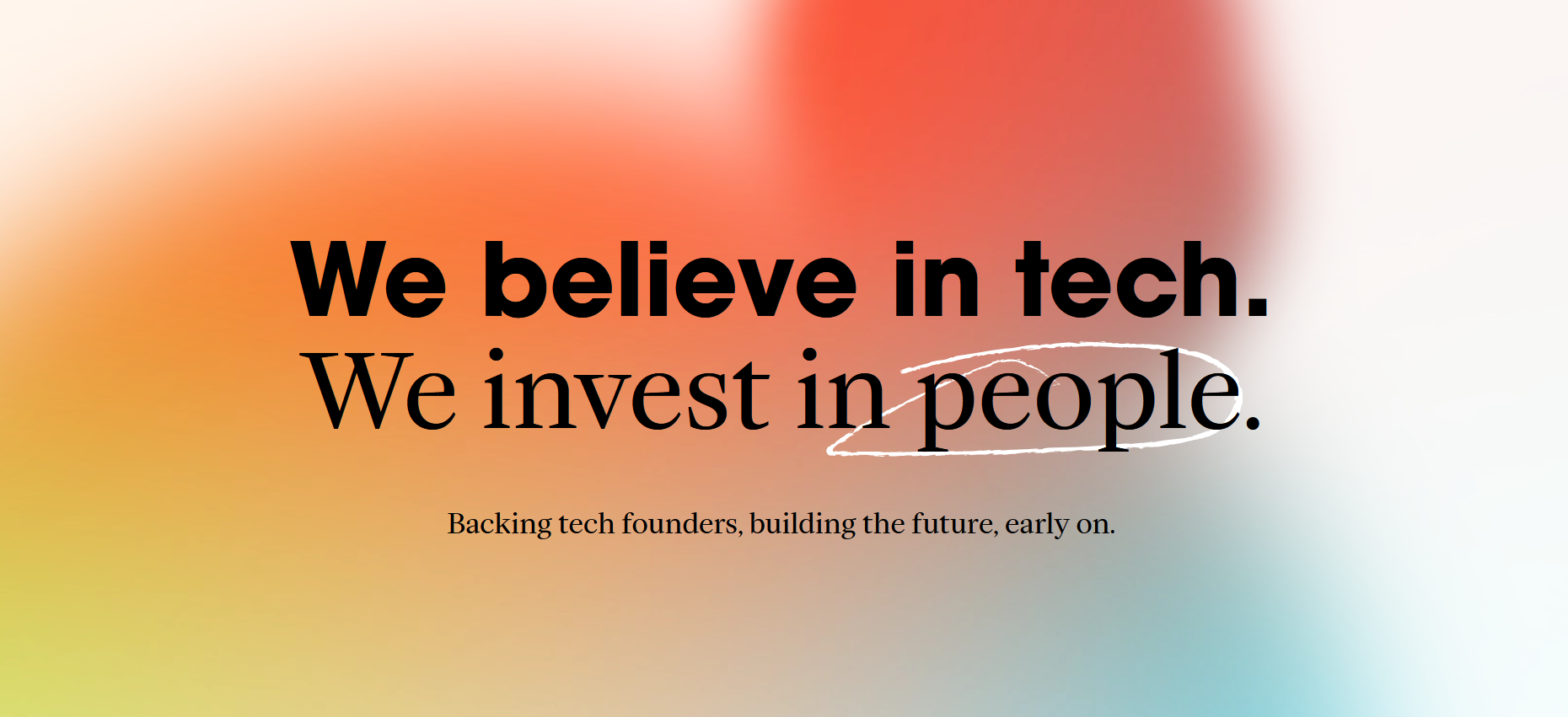"Investors lack the expertise"

Crowdinvesting sounds appealing to some start-ups, but many who try it fail. Finance professor Markus Petry explains why.
Investing a small sum in a start-up and perhaps profiting from the next Google or Facebook: This is what users of crowdinvesting platforms dream of. 100 million euros had flowed into this form of financing in Germany alone by 2019. But the success is moderate: one in three of these start-ups goes bankrupt, as Markus Petry from Wiesbaden Business School found out in a study. In this interview, he talks about the reasons for the high failure rate, the risks for investors and what the platforms can do better.
Mr. Petry, according to your survey, a third of all crowdinvesting start-ups go bust. Is this due to the companies or the financing instrument?
There's actually nothing to say against crowdinvesting per se. The largest market is real estate financing, which has developed very positively and has seen very few defaults, which is partly due to the positive economic conditions for real estate. But start-ups are subject to what I call adverse selection.
You need to explain that.
By that I mean that the founders who resort to the crowd's money have generally already been turned down by all other investors. When banks and venture capitalists say that a start-up is not promising, they rely on their expertise. An expertise that investors on crowdinvesting platforms usually do not have.
But couldn't founders consciously rely on this grassroots form of financing?
It is possible, but not sensible. Business angels and VC funds not only provide money, but also expertise that can help start-ups. They can support the development process and establish contacts. Crowdinvesting does away with all that.

So investors are unlikely to find the next Google on crowdfunding platforms?
There are very few unicorns that have relied on crowdinvesting. Recently, for example, it was Revolut, the British fintech. But they used it as a supplement to their venture capitalists. In my opinion, it was mainly about marketing, so they could involve customers and raise their own profile.
There are no such outstanding cases in Germany?
Not on this scale, and that is also the problem. VC funds work according to the principle: I support ten start-ups, if just one of them works exceptionally well, it compensates for the losses of the others. Theoretically, investors on such platforms could also proceed in the same way and invest in several start-ups. But they don't even find the one breakthrough startup that makes up for nine loss-making businesses. I've done the math: All crowdinvesting start-ups in Germany have lost 26 million euros in investment money since 2011; in return, only ten million euros have flowed back to the investors. So even if you had invested in an extremely diversified way, you would have lost a lot of money.
Even if crowd investors had invested in an extremely diversified manner, they would have lost a lot of money.
Markus Petry
So should investors stay away from it completely?
They should at least be aware that crowdinvesting is extremely risky. Studies have shown that most investors are aware of the risks and take them with their eyes open. Most of them are what we now casually call "old white men" and have significant financial resources. For them, it's a kind of gambling money, they treat crowdinvesting a bit like a casino.
Do the platforms need to filter better in order to reduce the default rate?
The platforms are caught in a dilemma: on the one hand, they want to attract as many companies as possible to their sites because they earn money from the transaction fees. On the other hand, they can't afford too many failures, because then customers will stay away. However, they probably accept some defaults, otherwise the rate cannot be explained. However, the providers could at least mitigate the worst cases through better contractual conditions.
You mean fraudsters?
Not only. Fraud was involved at Unyte Yoga, for example, where the crowd platform had already transferred the investors' money to the start-up, but then nothing happened to it. The platform can hardly prevent the misappropriation of funds.
What I mean here is shown by the example of Protonet, which wanted to offer a cloud for everyone. Assets were moved from one company to another and investors were left out in the cold. According to the platform conditions, however, this was legal. If you start here, it could perhaps reduce the rate.
Thank you for the interview.
Personal details: Markus Petry is Professor of Financial Services Controlling at Wiesbaden Business School. His research interests include crowd investing, robo-advisor services and digital investments. He previously worked at Deutsche Pfandbriefbank, Aareal Bank and the management consultancy McKinsey. He studied business administration at the University of Frankfurt, the College of New Jersey and the Sorbonne and holds a doctorate in economics.

Newsletter
Startups, stories and stats from the German startup ecosystem straight to your inbox. Subscribe with 2 clicks. Noice.
LinkedIn ConnectFYI: English edition available
Hello my friend, have you been stranded on the German edition of Startbase? At least your browser tells us, that you do not speak German - so maybe you would like to switch to the English edition instead?
FYI: Deutsche Edition verfügbar
Hallo mein Freund, du befindest dich auf der Englischen Edition der Startbase und laut deinem Browser sprichst du eigentlich auch Deutsch. Magst du die Sprache wechseln?


















